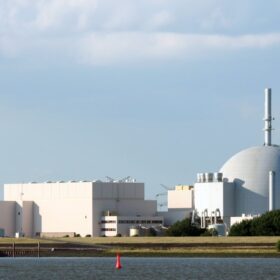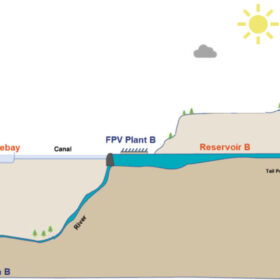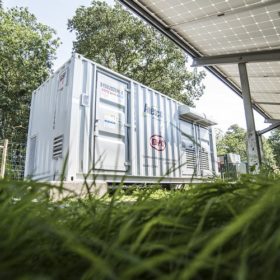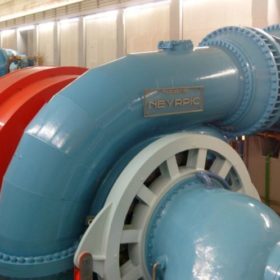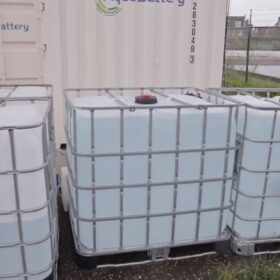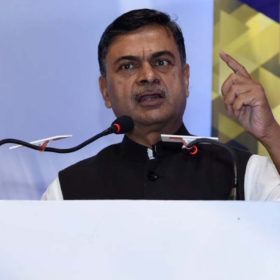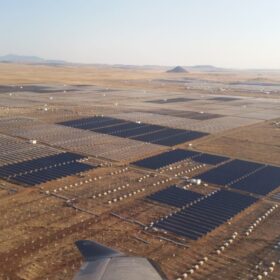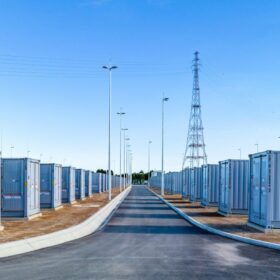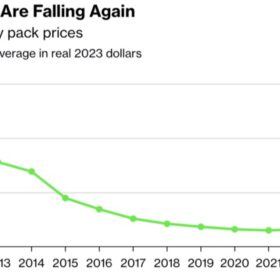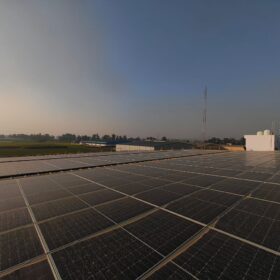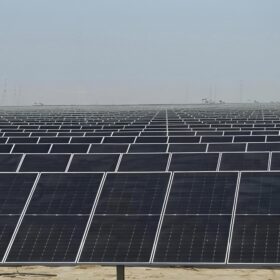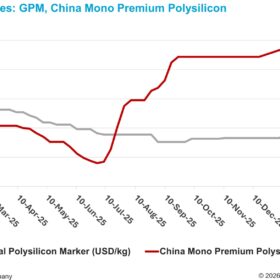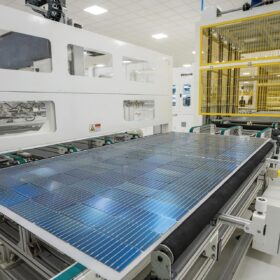German decommissioned nuclear plant to become 800 MW/1,600 MWh battery
PreussenElektra has revealed plans to potentially develop Europe’s largest battery storage facility at the decommissioned Brokdorf nuclear power plant site in Germany, with 800 MW/1,600 MWh of capacity. The site operator now needs to secure approval to dismantle the nuclear plant.
Sterling and Wilson Renewable Energy raises INR 1,500 crore through QIP
Sterling and Wilson Renewable Energy’s INR 1,500 crore ($180 million) qualified institutions placement issue received an overwhelming response from both domestic mutual funds and marquee global foreign institutional investors.
Batteries in hybrid hydro-PV systems could increase profitability by 2%
Researchers from Norway have discovered that adding batteries to projects that combine hydropower and floating PV could increase annual profits by as much as 2%, due to revenues from ancillary services and capacity markets.
Cost of battery-based energy storage, INR 10.18/kWh, expected to reduce with VGF and PLI Schemes
Currently, the cost of battery-based energy storage in India is INR 10.18/kWh, as discovered in a SECI auction for 500 MW/1000 MWh BESS. The government has launched viability gap funding and Production-Linked Incentive (PLI) schemes to make battery storage affordable.
TERI recommendations to accelerate pumped storage development in India
A new report by TERI recommends measures to develop large-scale pumped storage plants in India. It also traces the growth and status of pumped storage hydro plants in India and the world.
Statkraft looks into long-duration energy storage based on saltwater
Statkraft, a Norwegian energy company, is investigating the scalability and commercial viability of Aquabattery’s technology. It will finance a pilot project for between six and 12 months in the Netherlands.
Majority of green hydrogen production plants in India to come up near ports
India’s power minister RK Singh said the majority of the green hydrogen production plants in India are expected to come up near port locations as per the industry feedback. In such cases, desalinized seawater could also be used for green hydrogen production.
EDF, Scatec Africa win South Africa’s battery procurement auction
The South African Government’s Department of Mineral Resources and Energy announced French utility Électricité de France (EDF) will develop 257 MW of battery energy-storage systems across three projects, while South African renewable energy company Scatec Africa will develop one 103 MW project.
Australian utility tests nickel-hydrogen battery
Australian energy giant AGL will install a nickel-hydrogen battery at its Torrens Island power station site in South Australia as it explores the potential opportunities that the technology could provide for stationary energy storage applications
Battery prices down 14% this year, says BloombergNEF
BloombergNEF says it has recorded a 14% decline in battery prices this year, mainly due to cheaper raw materials, following an unprecedented rise in 2022.
